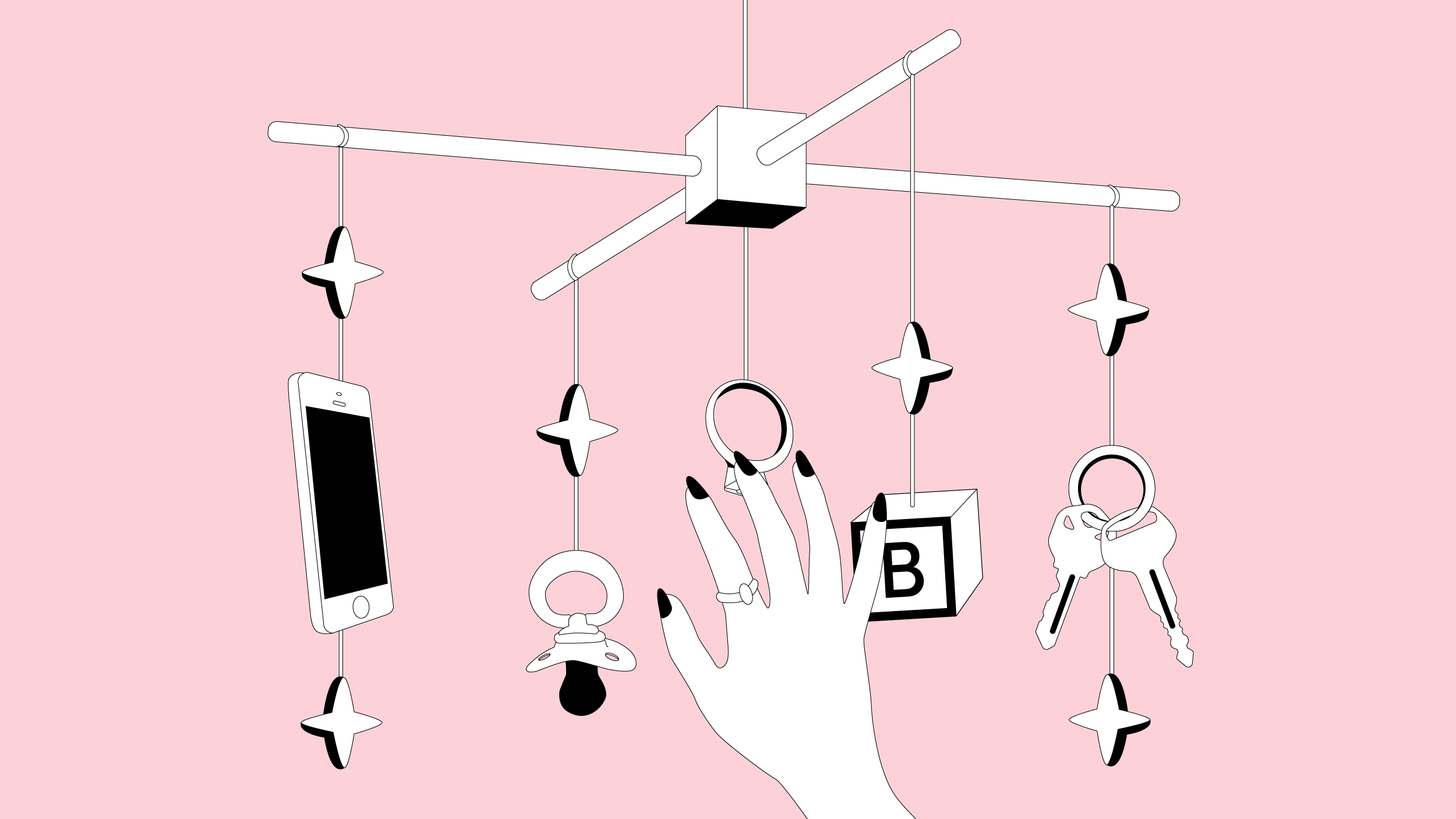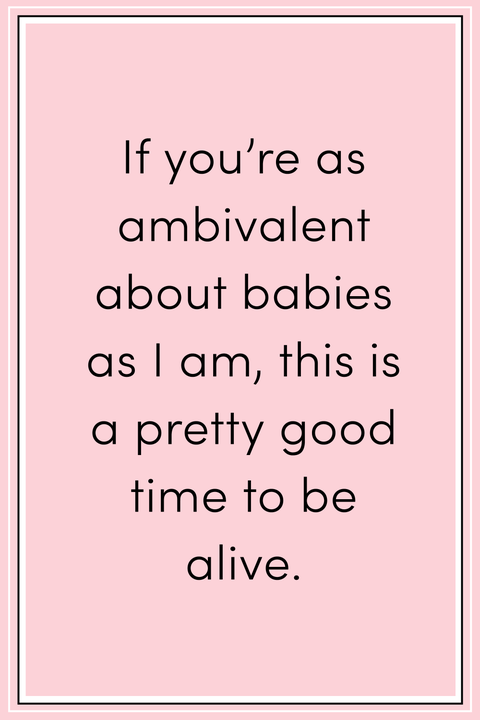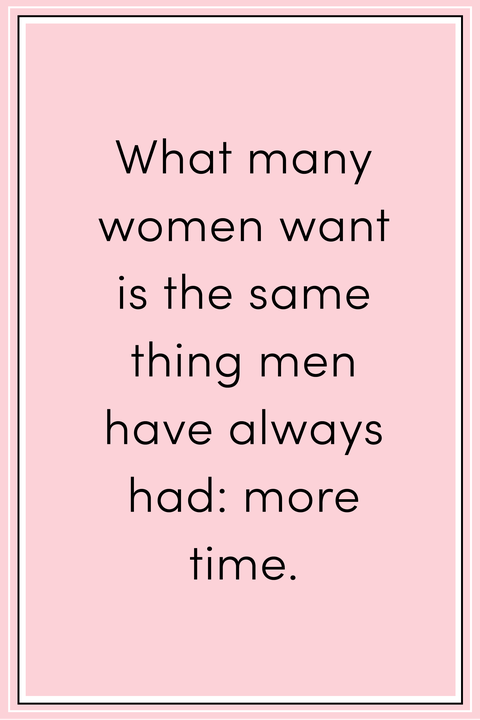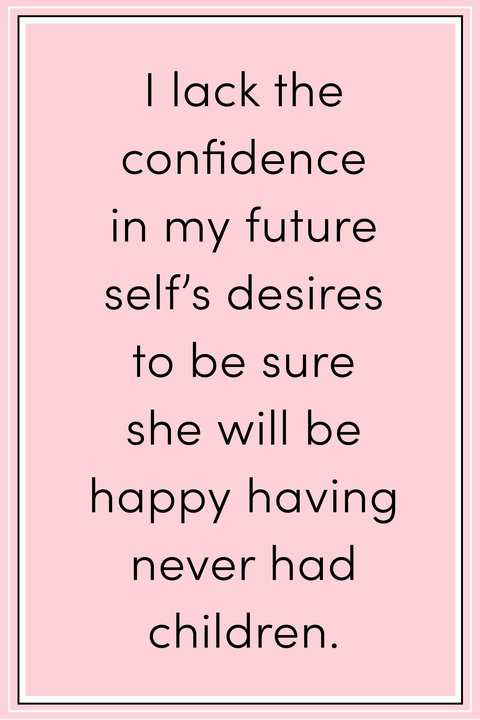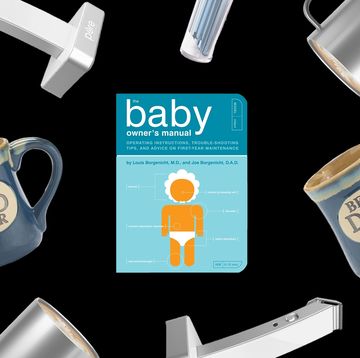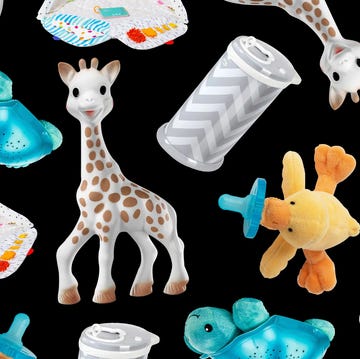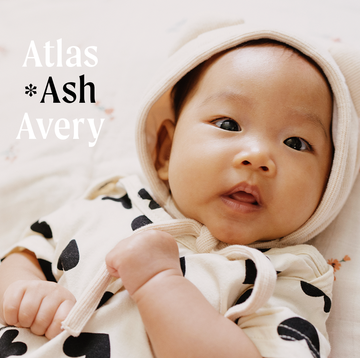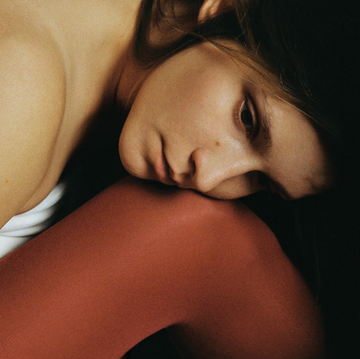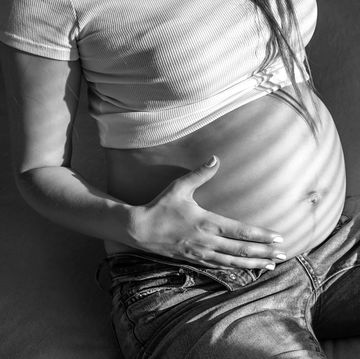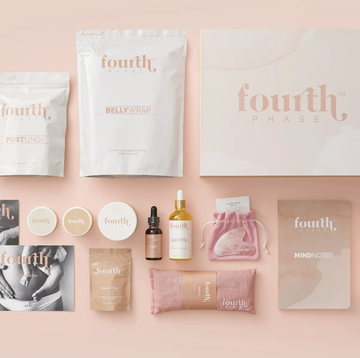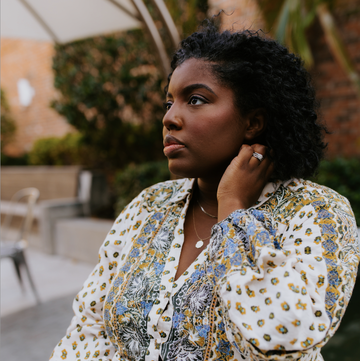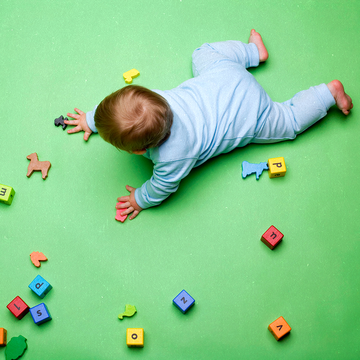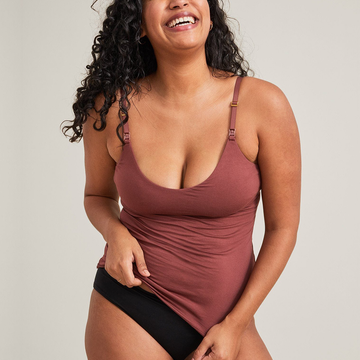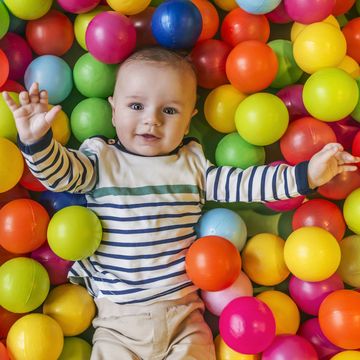At every stage of my young adulthood I knew, definitively and without question, that the answer to “do you want kids?” was “not now.” But now, a few months from my 34th birthday and with the architecture increasingly in place to have a child — advancing in my career, soon to be married — the “yes now” still has not come. But neither is there a deafening or permanent “no” ringing in the back of my mind. While many women I know seem enviably sure about children, sure they want them or sure they don’t, I find myself floating through my early 30s in a state of suspended ambivalence, happy and confident in my choice to forgo motherhood, but still dogged by the warnings of well-meaning (and some not-so-well-meaning) reproductive observers: You’ll regret this.
In my late 20s, I decided I would have children under two conditions: if I had a real desire for them, the kind of craving women in my cohort described as feeling their ovaries twitch at the sight of an adorable baby; and if I had a partner who wanted children more than I did and was committed to doing more than half the work of raising them (given that men tend to overestimate the time they spend with their children and women to underestimate it, I figured a man who planned on doing 70 percent would end up meeting me halfway).
Neither of these conditions has been met, and as my eggs and I age, I look around at my life and not only fail to see how a child would fit but actively do not want to invite a child into it. This does not feel like a loss or something I am forgoing; it feels like the avoidance of a disruption that would end the life I have worked so hard to build.
If you’re as ambivalent about babies as I am, this is a pretty good time to be alive, especially if you’re in a liberal urban center — look around and you’ll find a lot of women just like you. With the ability to reliably postpone pregnancy came the ability to pursue many other opportunities, and today American women are having children later than ever. This is true across educational and income levels, although most of the media attention is dedicated to the highly educated, often high-earning women who push childbearing into their 30s and 40s. Much of this attention is negative, concerned that women are forgoing their biological duties in favor of selfish enjoyment of life.
“The retreat from child rearing is, at some level, a symptom of late-modern exhaustion — a decadence that first arose in the West but now haunts rich societies around the globe,” wrote Ross Douthat in the New York Times. “It’s a spirit that privileges the present over the future, chooses stagnation over innovation, prefers what already exists over what might be. It embraces the comforts and pleasures of modernity, while shrugging off the basic sacrifices that built our civilization in the first place.”
Looking around from the comfort of my living room, taking pleasure in my relationship and my job, enjoying the thoroughly modern ability to decide when and if to have children (not to mention the thoroughly modern ability to write articles that are published on the internet, penned after flying around the globe to report), I think, “Well, yeah. Except for the ‘stagnation’ thing.”
And the "innovation" thing.
“None of us thought we’d be in our late 30s and single,” said Tamara (not her real name), a 39-year-old technology company employee who, along with several of her friends, froze her eggs. “Shit didn’t go the way we thought it would go. You’re trying to maximize your options, your option to have a baby the old-fashioned way with your husband in a healthy way and the way you imagined you would, and you’re trying to squeeze a few more years out of that option. We all would have had babies earlier had we met the guy. And we just haven’t.”
Tamara had looked into egg freezing years before she actually had the procedure but wasn’t able to afford it; she finally went through with the procedure when she moved to a company that paid for part of it. The wave of technology companies that now pay for egg freezing has even some feminist-minded women nervous that women are either thoughtlessly delaying pregnancy, content in the promise that they’ll be fertile forever, or are being pushed to delay by unscrupulous employers.
That narrative, Tamara said, couldn’t be further from the truth. “You would never look at a 38-year-old man and say he doesn’t have kids yet, he must be really ambitious,” she said. “You look at women and the automatic assumption is that they’re going through egg freezing because they’re trying to get ahead in their careers. Not one woman I know, including myself, has done it because they wanted to advance their careers.”
Three-quarters of women who freeze their eggs say they’re waiting for the right partner, according to a study out of New York University, while needing to finish school or establishing themselves in their careers comes in a distant second. Even though egg freezing is more effective the younger a woman is, most workplaces do not offer it, and the procedure remains rare: In 2013, just under 4,000 women froze their eggs in the United States.
Which of course doesn’t mean women shouldn’t be informed of all of the risks. In 2012, the IVF market alone was a $9.3 billion industry; today it is surely higher, and when you add on egg freezing and other innovations, fertility treatments are a huge cash cow. The incentives may be less about serving women and their families and more about cashing in, and there are numerous stories about clinics selling IVF to women using tactics like those of used car dealers.
That’s what happened to Sally Kohn and her partner Sarah, who both live in New York. Sarah had trouble getting pregnant, despite using sperm that was procured from a local sperm bank and presumably relatively potent (“As someone who’s never slept with a man in my life, I’ve always been under the impression, and my male friends have told me, that sperm is not all that hard to come by,” Sally told me. “But you put it in a bank and suddenly it’s very expensive”). So they visited a fertility specialist, who scared the pants off both of them with a fear-based rapid-fire sales pitch — that Sarah probably only had a few eggs left, that they had to start IVF right away — before slipping in a $20,000 price tag, virtually none of which would be covered by insurance. Luckily, intrauterine fertilization, where the fast sperm are separated from the slower ones and the quick swimmers placed directly in the uterus, worked for Sally and Sarah. Nine months later, they had Willa.
“She was the greatest thing in the world, then and now,” Sally said about Willa, now 8. “It’s the coolest thing. It’s also the hardest thing. Someone wrote once that having a child is like having your heart walking around outside of your body. There’s no better description for it. It’s a level of vulnerability and awareness that you’re suddenly not just yourself.”
As I inch closer to the point where having my own children will become difficult and eventually impossible, I understand more viscerally the appeal of interventions like egg freezing, IVF, and surrogacy, as well as the promise of adoption. They don’t stop the clock from ticking, but they slow it down. What many women want is the same thing men have always had: more time. More time to find a suitable (or even ideal) partner, more time to get to a stable point in your career, more time to decide whether parenthood is even for you.
Still, the question of regret nags at me. I lack the confidence in my future self’s desires to be sure she will be happy having never had children. There is of course no cultural space to say you regret having children, but there are women who say they wish they had. What if, I think in the moments of self-doubt, I end up one of them?
This pervasive ambivalence seems to be the norm among my peers. Even the women I know who are sure they want children remain plagued by the question of when — and no time, it seems, is the ideal one. No one is looking for children to fill some empty hole in their lives; instead, the women I know worry about how they can be the best mothers possible while also retaining their own identities and their own work and their own interests.
The profound social changes that have brought about this ambivalence have also caused more women than ever before to skip having kids entirely. Today, 1 in 5 American women hits the end of her childbearing years without becoming a mother. Overall, there are nearly 2 million American women in that age range who have never reproduced, and just six nations have childlessness rates higher than the modern United States. As fewer women and men have children, social stigma around being child-free also adjusts. In 1988, only about a third of Americans disagreed that the childless “lead empty lives”; by 2002, 59 percent of Americans objected to that statement.
But Americans aren’t totally accepting of women who decide to forgo motherhood: According to a 2009 Pew survey, 38 percent said that the move toward childlessness was bad for society. And it doesn’t take much hunting to find people who claim the childless are “selfish, shallow, self-absorbed,” as the title of an anthology of child-free writers cheekily put it.
Increasingly common though she may be, the childless woman is still a source of both pity and scorn — a crazy cat lady or a selfish hedonist. In either case, she’s alone. But the choice not to have children is often a pretty good one, if you ask women themselves. According to an analysis of a study comparing married women with children to married women without that was conducted in 1979, when being childless was far more stigmatized, the women who voluntarily did not have children “more frequently engage in outside interests with their spouses, more frequently exchange stimulating ideas with their spouses, express a greater desire and determination to continue their marriage, report a higher degree of marital happiness, report more agreement between themselves and their husbands on matters of household tasks, career decisions, leisure time and interest, and activities.” Additional research shows that, even in older couples, children are not a significant predictor of marital happiness for women — although they are for men. And women without children are consistently happier than women raising them.
Among the voluntarily childless, many cite the same reason for not having children as I do: enjoying one’s freedom and enjoying one’s life. In one study of people without children, 72 percent of women cited positive feelings of freedom and independence. Very few decided to forgo children because they didn’t like them. And the overwhelming majority had close relationships with children in their lives — nieces and nephews, godchildren, and children of friends.
Perhaps the most interesting aspect of research on childlessness, though, is the finding that the voluntarily childless think deeply about their decision — and many parents do not. Parenthood remains the social default, something a lot of people just do because it’s culturally expected or because it’s just how you think of family. That’s certainly how I thought about it — and had I not had good reasons to wait, I might have ended up with children myself. One study of the child-free that surveyed previous research on the topic bears this out, concluding that while people without kids spend years considering their decision and have a fairly accurate view of what either having children or forgoing them will mean, “many parents often do not realize the full meaning of having children. If parents would consider the consequences of having children, as much as the childless couples have, it would result in improved quality of parenting and maybe a little less quantity of children.”
There are of course many parents who deeply consider the choice to bring a child into the world — particularly those to whom pregnancy doesn’t come easily or who are partnered with people of the same sex and have to take even more proactive steps to have a baby. But as with any social norm, many people who follow it don’t consider it as deeply as those who make a conscious decision to break it. And it’s probably not a coincidence that the women with the most resources — the highly educated and the more affluent — are the ones more likely to make the choice not to reproduce. Although some may write that off to career women forgetting to have babies, I suspect a more common reason is purpose: If you have a demanding, interesting job that stimulates you intellectually and brings with it a sense of importance, a need many people fill with children is met. Everyone wants purpose in their life. Children offer a sense of meaning, an everyday project of molding someone small into a capable adult. If you have that sense of function and fulfillment elsewhere, and if your job also gives you a kind of autonomy and financial freedom that would be curtailed by children, it’s easier to see why you might decide not to have them.
I consider this when thinking of my own job as a writer: I write when I can write, and that’s not always between the hours 9 a.m. and 5 p.m. When I am working on an important piece, it is all consuming, and the quality of my work depends on being able to stay up late into the night, get up very early in the morning, work weekends, and travel on a whim. There is no question in my mind that I would not be nearly as productive if I had a child to think about and raise. For men, it is different: Fatherhood has never been as wholly demanding as motherhood, the role of “dad” never requiring the same kind of sacrifice as “mom.”
And that, it seems, is the whole of the problem.
Jill Filipovic is the author of The H-Spot: The Feminist Pursuit of Happiness, from which this essay is adapted, and a Cosmopolitan.com contributing writer.
Follow Jill on Twitter.

Jill Filipovic is a contributing writer for cosmopolitan.com. She is the author of OK Boomer, Let's Talk: How My Generation Got Left Behind and The H-Spot: The Feminist Pursuit of Happiness. A weekly CNN columnist and a contributing writer for the New York Times, she is also a lawyer.
